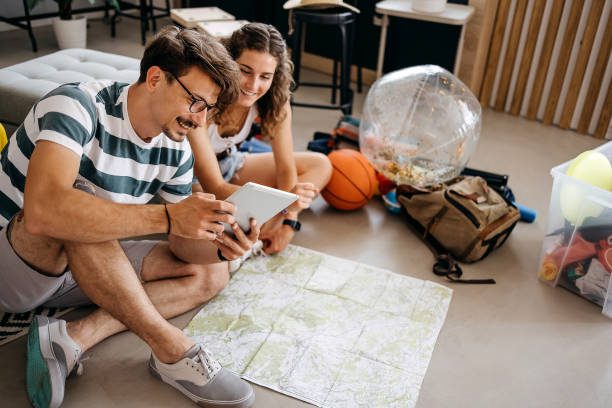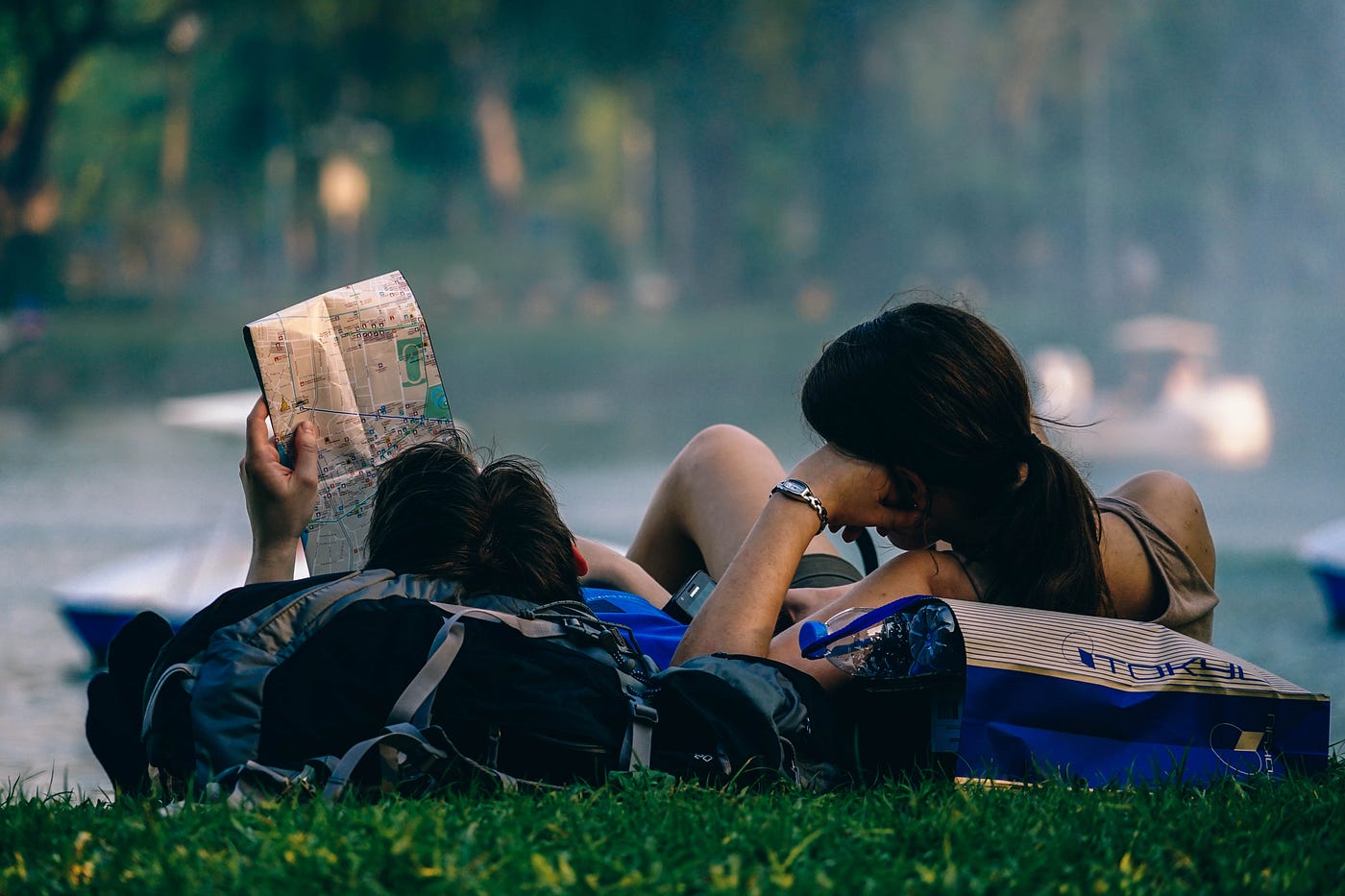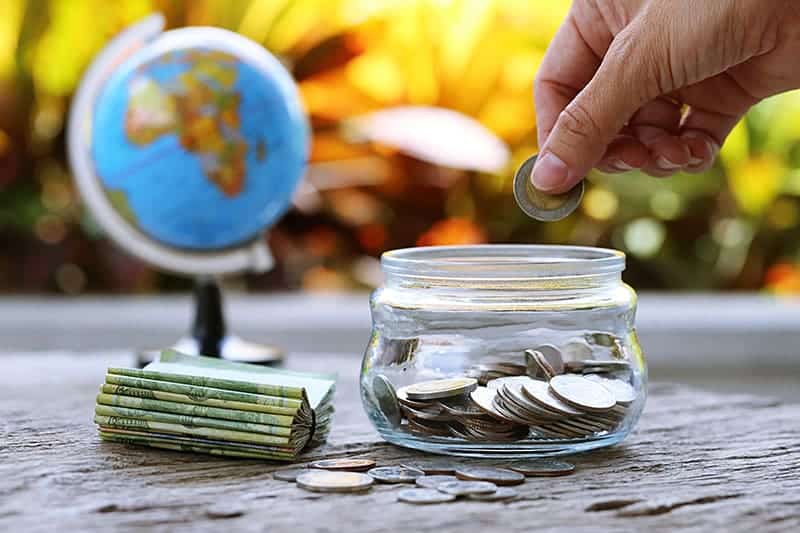In today’s fast-paced world, happiness often feels fleeting. But science shows that we don’t always need to wait until a vacation begins to feel joy—the simple act of planning a trip can spark happiness weeks, even months, before departure. The science of anticipation reveals that looking forward to an experience can be just as fulfilling as the experience itself. For travelers, this means every step of the journey, from researching destinations to booking accommodations, is already an investment in happiness.

In this article, we’ll explore 9 ways the science of anticipation explains why planning a trip boosts happiness and how you can maximize these joyful moments.
1. Anticipation Triggers Dopamine Release
Neuroscience tells us that dopamine, the brain’s “feel-good” chemical, is often released in anticipation of a reward—not just when we receive it. Studies show that when we look forward to something pleasurable, our brains light up with dopamine in much the same way they do when the reward arrives (source). The science of anticipation explains why even browsing travel photos, reading reviews, or sketching out an itinerary can create excitement and boost happiness long before your trip begins.

2. Planning Creates a Sense of Control

Modern life can feel unpredictable, but the science of anticipation highlights how planning gives us a sense of control. Researchers at Harvard found that having a clear future event to look forward to reduces anxiety and creates stability (source). When you plan a trip, you’re not just scheduling dates—you’re building a personal roadmap of joy that gives your brain a sense of order and predictability.
3. Anticipation Provides a Happiness Buffer

The science of anticipation also shows that looking forward to a trip creates a “happiness buffer.” A 2010 study published in Applied Research in Quality of Life found that people reported higher levels of happiness in the weeks leading up to a vacation than during the trip itself (source). This means that the excitement of anticipating your getaway often lasts longer than the vacation days themselves.
4. Anticipation Strengthens Social Bonds

When families or groups of friends plan together, the science of anticipation works on a social level. Discussing potential destinations, activities, or restaurants fosters teamwork and strengthens relationships. Shared anticipation creates a collective emotional high, where everyone looks forward to the same adventure. Research shows that shared experiences amplify joy, even before they occur (source).
5. Planning a Trip Sparks Daydreaming
Daydreaming often gets dismissed as unproductive, but the science of anticipation proves otherwise. Imagining yourself walking along a beach in Mexico or exploring a historic street in Europe activates the same neural pathways as actually being there. This mental rehearsal boosts happiness because your brain interprets these positive visualizations as mini-experiences of joy.

6. Anticipation Helps Us Handle Stress Better

The science of anticipation also shows how planning a trip can reduce stress. Psychologists explain that having a positive event on the horizon makes people more resilient in their daily lives. Stressful days at work or home feel lighter when you know a vacation is coming. In fact, researchers note that people who actively plan trips report higher day-to-day satisfaction than those who don’t
7. Anticipation Encourages Positive Habits

The science of anticipation links future happiness with present behaviors. For example, when someone knows they’ll be hiking on vacation, they might start exercising more. Anticipating a trip often inspires healthier lifestyle changes, such as eating better, saving money, or managing time more efficiently—all of which add to overall happiness.
8. Planning Allows Us to Savor Longer

Unlike material purchases, experiences deliver joy before, during, and after the event. The science of anticipation emphasizes that experiences give us more opportunities to savor. By stretching out the planning process—researching destinations, choosing excursions, or even shopping for travel gear—you prolong the happiness associated with your trip. In many cases, savoring the anticipation makes the vacation feel twice as long.
9. Anticipation Gives Happiness a Storyline

Finally, the science of anticipation explains that humans are natural storytellers. When you plan a trip, you’re already constructing the narrative of your vacation: where you’ll go, what you’ll see, and how you’ll feel. Anticipating this story gives your brain a framework to attach joy and excitement, making happiness more vivid and memorable.
How to Maximize the Happiness of Anticipation
Understanding the science of anticipation is just the beginning. To get the most happiness out of planning your trip, try these practical strategies:
-
Visualize in detail – Imagine yourself in the destination and savor the emotions.
-
Plan gradually – Stretch out the planning process instead of booking everything at once.
-
Share the excitement – Talk with friends, family, or fellow travelers to amplify joy.
-
Celebrate milestones – Mark the countdown with small celebrations, like choosing outfits or watching a travel documentary.
-
Stay flexible – Leave room for surprises so anticipation doesn’t turn into stress.
Final Thoughts
The science of anticipation proves that planning a trip is more than logistics—it’s a happiness-generating activity. By savoring the excitement of what’s to come, you build joy into your life long before departure day arrives. Whether it’s a weekend road trip or an international adventure, every moment of planning is an opportunity to boost happiness.
So the next time you find yourself scrolling through travel photos or comparing destinations, remember this: you’re not just planning a vacation. You’re engaging with the science of anticipation, and in doing so, you’re already making yourself happier.
But there’s another beautiful side to this story. Once the trip ends, the cycle of happiness doesn’t stop. Research shows that reflecting on your experience—sharing photos, writing reviews, or reliving memories with loved ones—rekindles the positive emotions. The science of anticipation flows into the science of memory, creating an ongoing loop of joy that lasts long after the suitcase is unpacked.
Travelers who plan thoughtfully, savor anticipation, and reflect afterward are essentially doubling or even tripling the happiness their trips provide. Planning becomes the spark, the trip itself becomes the flame, and the memories become the glow that warms you for years to come.
This means happiness isn’t tied to the length of your vacation or the distance you travel—it’s tied to how much you allow yourself to anticipate, savor, and relive the journey. Even a short weekend getaway has the power to uplift your daily life when you fully embrace the science of anticipation.
In the end, planning a trip is a powerful reminder that happiness doesn’t need to wait. Joy is not just at your destination—it’s already present in your imagination, in your conversations, and in the little details you look forward to along the way. By leaning into the science of anticipation, you can transform not just your travel experiences, but the way you experience happiness itself.

